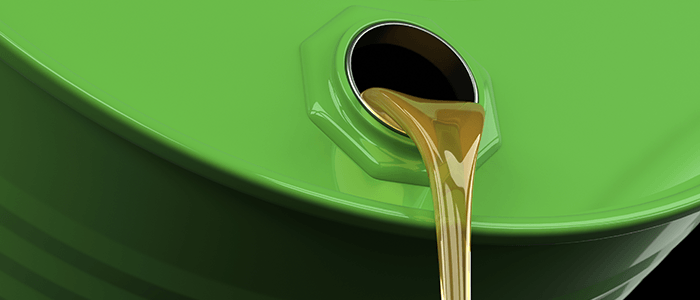How to safely recycle automotive fluids

Automotive fluids that get replaced, leak or spill during service are dealt with by stations, garages, repair and body shops on a daily basis. Disposing them is complicated but the golden rule is simple: nothing can be dumped and almost everything can be recycled.
Because the volume of various waste materials from repair and service materials is so high on a national scale, it’s practical and economic to collect, reprocess and recycle almost all of them.
What to do with automotive fluids
Notable examples of automotive fluids include:
crankcase oil
gasoline or diesel fuel
transmission fluid
brake and power steering fluid
antifreeze
All of these can be readily reprocessed and recycled by environmental service providers who offer a complete range of service. This includes providing appropriately labelled containers for each type of fluid, picking them up and pumping them out, all on a regular schedule. These services are available at no charge because most of the fluids can be resold after processing.
Contacting local providers for consulting services is worth considering as well. They know all of the local and provincial requirements for handling, storage, labelling, documentation and worker training. While there are similarities across all regions, they may vary based on the location and the size of the facility.
What to do with other contaminants
These need to be dealt with as well, for legal and practical reasons:
used oil filters
used transmission filters
fuel filters from vehicles or service station pumps
empty containers
As with used fluids, service providers collect these items and pick them up regularly – often at no charge.
Auto service facilities will inevitably generate some contaminated waste like wiping rags, spilled fluid and sludge that builds up in auto parts. All of these need to be collected and disposed of or recycled properly.







